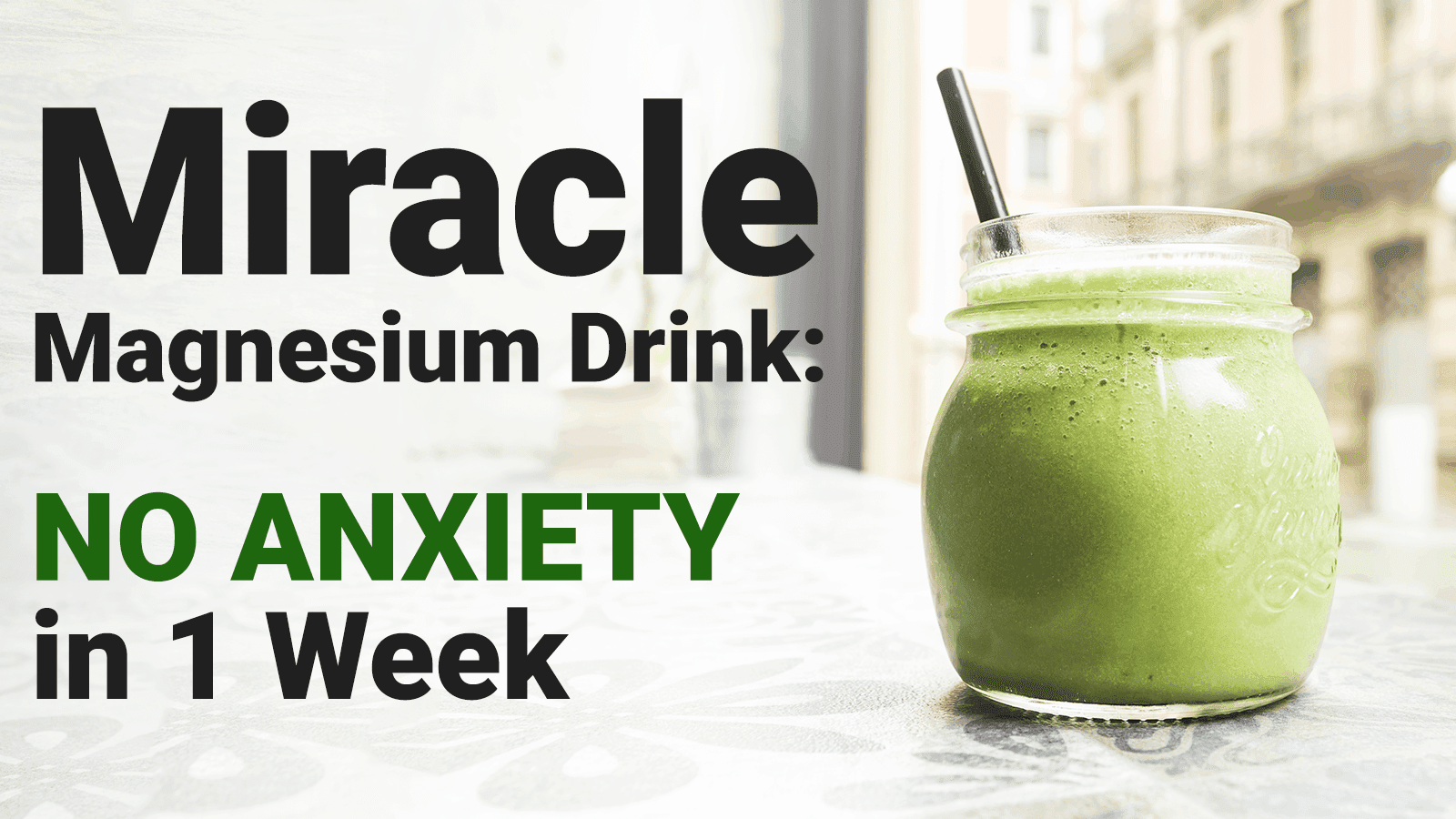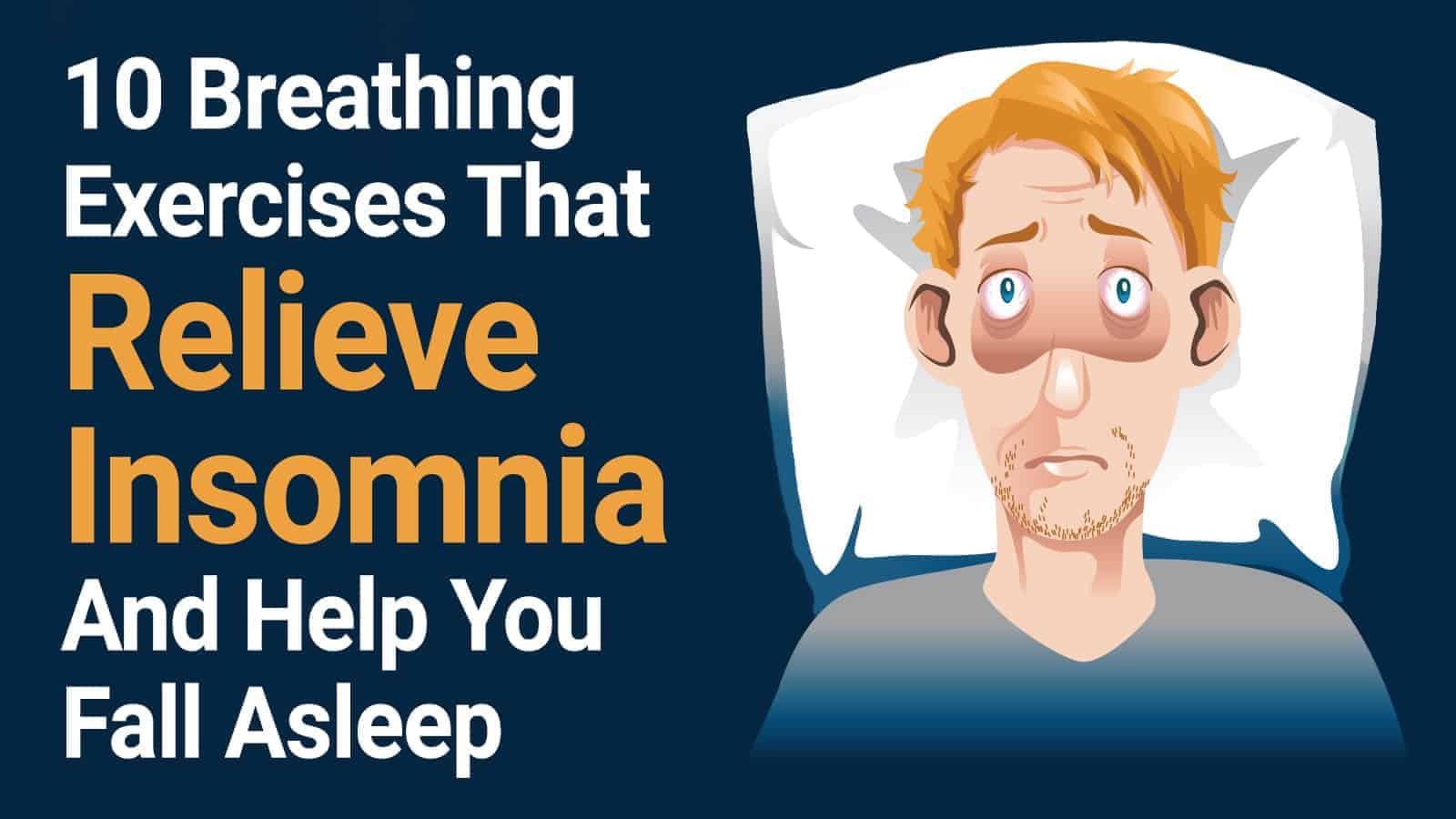All around the world, type 2 diabetes is becoming more common among adults. Diabetes must be managed or it could lead to serious complications, including death. While there are ways to fight type 2 diabetes with medication, there are even better ways to fight it naturally by making changes to your lifestyle.
While many experts in the past thought that diabetes couldn’t be cured, more recent studies have shown that diabetes actually can be reversed by making positive changes to your lifestyle.
By following simple and proven ways, you can effectively fight type 2 diabetes without medicine, maybe even reversing the disease completely. Your overall health will improve, and you will feel much better about yourself. If this sounds like it would be beneficial to you or someone you know, here are 10 proven ways to fight type 2 diabetes without medicine.
1. Exercise Regularly to Care for Type 2 Diabetes
You don’t have to become a bodybuilder or hit the gym every day, but by participating in a moderate activity or two for 150 minutes every week, you can help yourself regulate your type 2 diabetes.
When your muscles contract, glucose is pushed out of your blood, which allows for healthier blood sugar levels. Regulating your blood sugar levels can stop or reverse the effects of diabetes. More intense exercise is even better, such as alternating between full on running and walking, but even moderate activity has proven to help with diabetes.
Fun Ways For Moderate Activity
- Go for a walk
- Jog
- Resistance bands
- Dance
- Go for a swim
- Work in the garden
- Play golf

2. Type 2 Diabetes Diet
One of the best ways to control diabetes is to make healthy food choices. Following a type 2 diabetes diet doesn’t mean you can’t have delicious treats, you will just have to find healthier treats instead, such as fruits.
An example of foods that will help manage or reverse the effects of diabetes are ones that are high in fiber, such as broccoli or beans. There are many other foods that will help and are popular in a type 2 diabetes diet as well, so you are sure to find a handful of healthy options that you enjoy.
Foods that are high in Vitamin D are also beneficial in a type 2 diabetes diet. A deficiency in Vitamin D can cause reduced insulin secretion, and when more Vitamin D was consumed, the insulin secretion improved. Cheese and egg yolk are high in Vitamin D, as are many other foods.
Healthy Food Options
- Whole grains
- Beans
- Lean meats
- Low-fat dairy
- Broccoli
- Cauliflower
- Carrots
- Berries
- Apples
- Pears
- Oranges
- Sweet potatoes
- Spinach
Foods to Only Enjoy in Small Servings
Some foods are okay as long as they are only consumed in moderation. One small serving size is more than enough, as you don’t want to promote the progress of diabetes.
- Starchy foods
- Meat
- Dairy
Foods to Avoid
The foods you should avoid completely when trying to control diabetes are the ones that rank high on the glycemic index. This means that the foods negatively affect glucose levels in your body. Normally, the foods with a high glycemic index have high sugar and flour content in them.
Processed foods surprisingly have high sugar and flour amounts, so it is a good idea to avoid those. You should avoid fast food, as well, because it contains large amounts of trans fat, refined carbs, and sodium. When you already have diabetes, fast food can be especially unhealthy as it ranks very high on the glycemic index.
3. Lose Weight to Manage Type 2 Diabetes
Losing even a little bit of weight can help regulate blood sugar levels. By doing this, you could stop diabetes from advancing to more severe stages, and you can even reverse the disease completely.
To make losing weight even more effective in treating diabetes, you should focus on losing fat in your belly area. Those who have more fat in their abdomen tend to be diagnosed with diabetes more often than those who have the majority of their fat in other areas of their body. This is because belly fat causes more insulin resistance.
4. Get More Sleep
It has been proven that a lack of sleep can worsen diabetes, but it may be difficult to fall asleep at night if you are stressed, worried, or just not tired. It is important to find methods that work for you to help you fall asleep at night, however.
Other Ways to Try And Get More Sleep
- Avoid alcohol and caffeine
- Limit spicy foods before bed
- Keep your bedroom cool
- Make the room as dark as possible
- Turn off the TV
- Stay off your phone
- Set a sleep schedule and follow it
- Practice deep breathing
5. Find Ways to Lower Your Stress Levels
High-stress levels can cause an abnormal increase or decrease in blood sugar levels. By lowering your stress level you are not only providing your body with the opportunity to regulate your blood sugar, but you may also be able to sleep better at night. Since getting more sleep has lessened the effects of diabetes, this method is helping in more than one way.
The key to lowering your stress levels is to figure out what is causing the stress to begin with, and then figure out how to erase the problem. That may be easier said than done, but sometimes it is as simple as doing something you love or writing out what is on your mind. There are many other ways to ease stress, as well, and self-care may be the most important step.
Ways to Ease Stress
- Practice yoga
- Get a massage
- Listen to calming music
- Write in a journal
- Do something you love
- Pamper yourself
- Take a nap
- Take a hot bath, using bath salts to ease tension
6. Consume Coconut Oil Every Day
While some fats are unhealthy, coconut oil is a very healthy fat. In fact, it is one of the healthiest you can find. Instead of requiring insulin to break it down, coconut oil is able to enter your cells on its own. This allows it to be used up as energy quickly and automatically, which aids in weight loss, as well.
You can consume coconut oil in meals, drinks, or even just plain. It is very versatile, so you can experiment with different ways of using it.
7. Quit Smoking
Nicotine contributes to insulin resistance, which is the main factor in diabetes. If you smoke, you are only causing diabetes to progress more rapidly, when you could be stopping or reversing the effects by avoiding nicotine.
The same goes for second-hand smoke. It can contribute to worsening effects of diabetes, so you should avoid that, as well.
8. Consume more probiotics
Consuming probiotics can help with fighting diabetes because they can lower blood sugar and insulin levels, while also decreasing glucose resistance. Probiotics can be found in many foods but, if you still need more, you can consume them in vitamin form, as well. Probiotics can be found in foods such as yogurt, sauerkraut, pickles, and some cheeses.
9. Instead Of Using Sugar, Put Honey In Your Coffee
Sugar can lead to diabetes progressing further instead of stopping or reversing the progress. By allowing diabetes to worsen, you would be taking years off of your life. A natural sweetener should be used in your coffee, instead.
Honey is one of the better options, but coconut sugar or balsamic vinegar would work as a natural sweetener, as well.
10. Drink More Water
Drinking more water seems to be the answer to any health issue. It may seem like an over-used answer, but when it comes to diabetes, it really does help. By regulating blood sugar levels in your body, drinking more water can help control or reverse the course of diabetes.
The way that an increase in water consumption can help control diabetes is by allowing the kidneys to properly flush out extra blood sugar. Another bonus to having the extra sugar flushed out of your blood is that your blood becomes rehydrated. This leads to healthy levels in the blood, and a healthier life overall.
One important thing to remember when trying to consume more water is that regular, plain water is the best water to consume. If your water has been sweetened or flavored, it can have the opposite effect on your blood sugar.
Final Thoughts on Ways to Fight Type 2 Diabetes Without Medicine
By trying even one of these methods to fight type 2 diabetes without medicine, you are making a healthy choice for your body. The type 2 diabetes diet is the most beneficial method, so it is wise to begin there. If you combine multiple methods or even all of them, you may be able to successfully treat or control the disease.
You will become naturally healthier, have to take less medication (or none at all), and you will feel great. By making changes in your life to fight type 2 diabetes without medicine, you are benefiting your life in so many ways.











